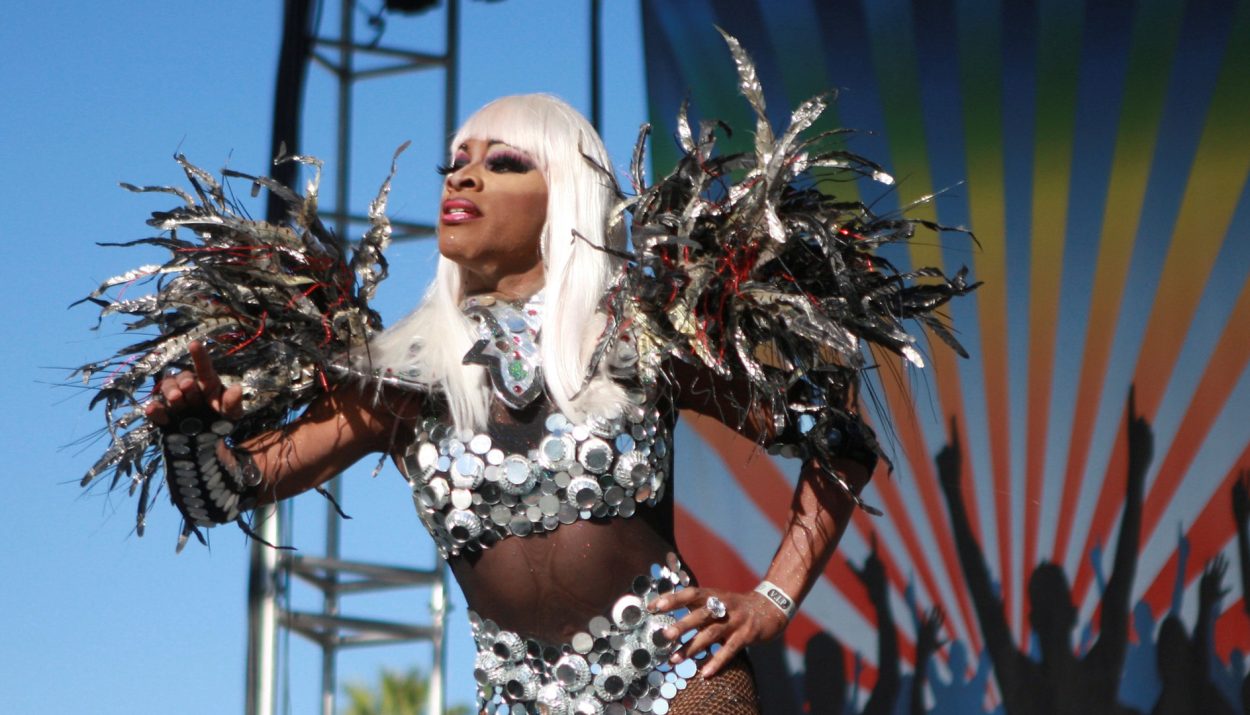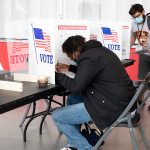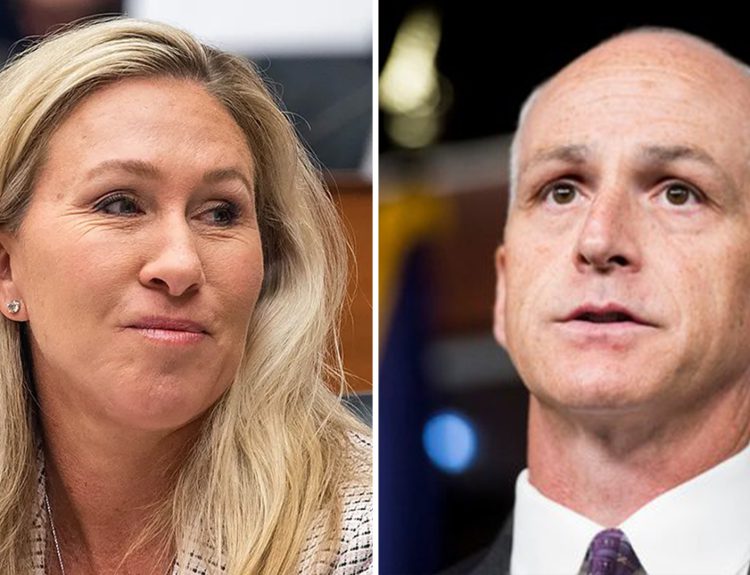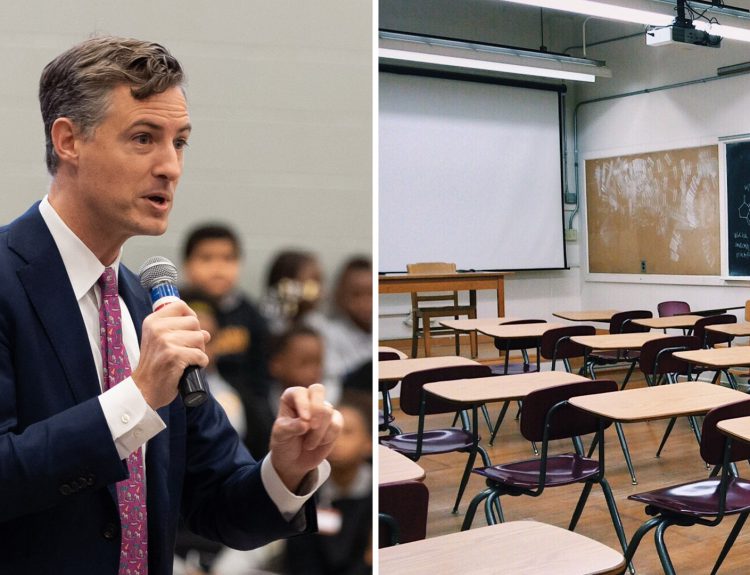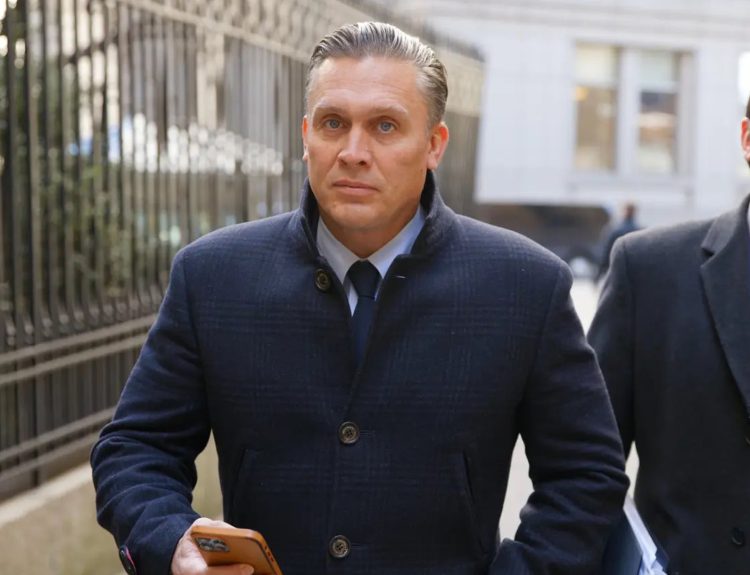In a pivotal decision, the Supreme Court has upheld a Texas university’s ban on campus drag events, igniting a firestorm of debate surrounding free speech and LGBTQ+ rights. This verdict has far-reaching implications for the future of drag performances in educational settings across the nation. Brace yourself for a deep dive into this contentious legal battle.
Legal Battle Unfolds
Spectrum WT, an LGBTQ+ student organization, took a bold stance against West Texas A&M University’s prohibition of drag events, arguing that it violated their First Amendment rights. This daring move set the stage for a high-stakes legal confrontation that would capture the attention of the entire nation.
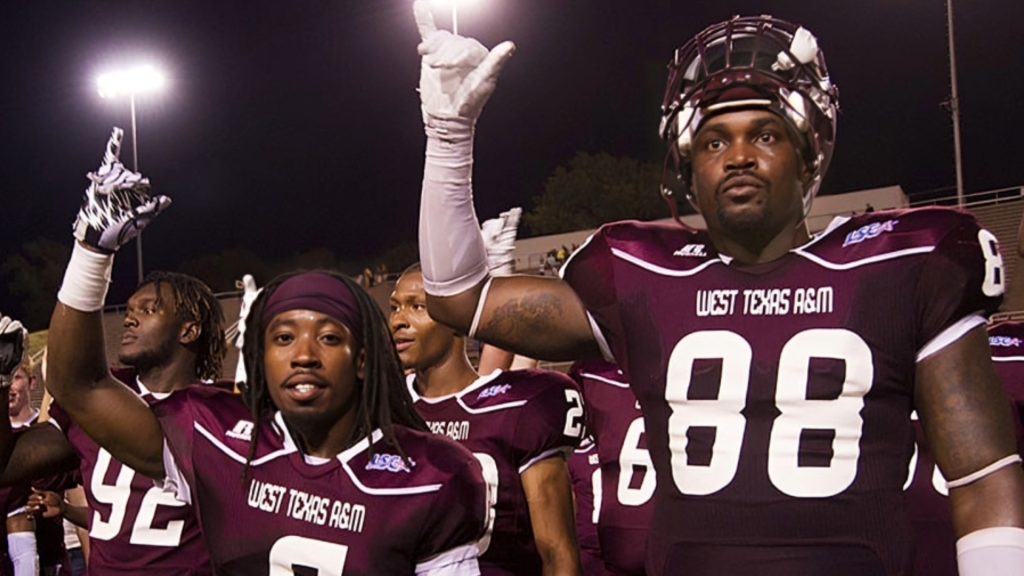
The university stood firm in its decision, asserting that drag performances were inconsistent with its educational mission and values. As the battle lines were drawn, both sides prepared for a grueling fight in the courts.
Initial Judicial Response
Judge Matthew Kacsmaryk’s preliminary ruling sent shockwaves through the legal community. His decision called into question the inherent expressiveness of drag performances, establishing a groundbreaking precedent that would shape the case’s future trajectory.
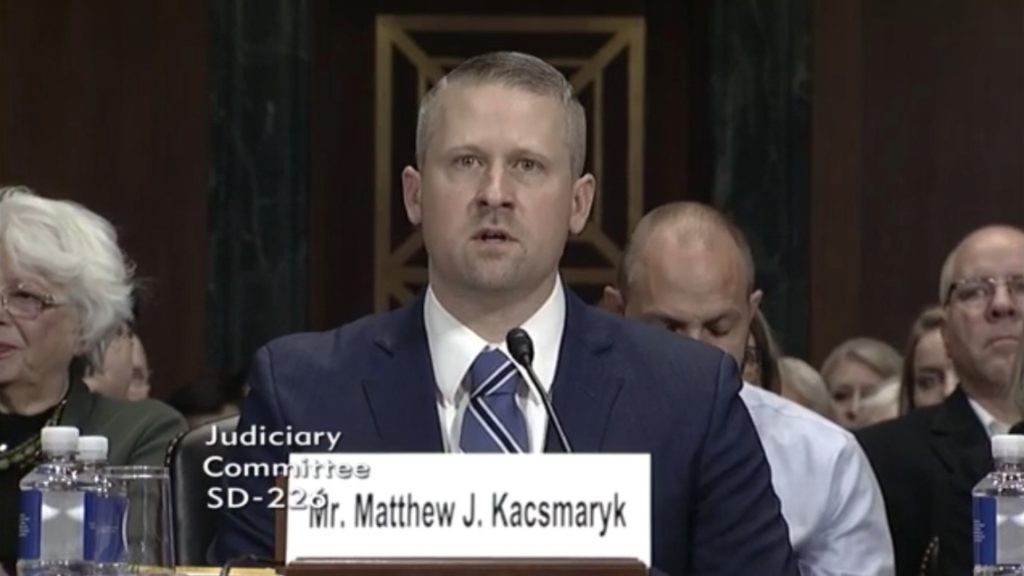
This ruling ignited a firestorm of controversy, with supporters of Spectrum WT arguing that it set a dangerous precedent for the suppression of artistic expression. The stage was set for a dramatic appellate showdown.
Appeal for Expediency
Unwilling to accept defeat, Spectrum WT made a bold move by escalating the case directly to the Supreme Court. Their goal was to bypass the university’s ban during the lengthy appellate process, hoping for a swift resolution in their favor.
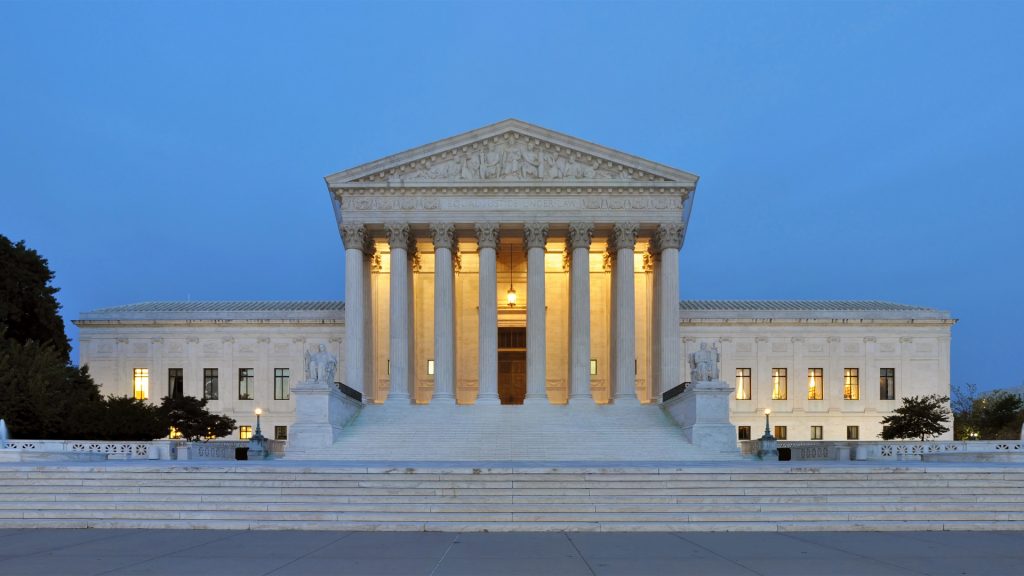
This strategic maneuver demonstrated the organization’s determination to fight for its rights and challenge the university’s decision at the highest level of the judicial system. The nation held its breath as the Supreme Court prepared to weigh in on this pivotal case.
Supreme Court’s Verdict
In a terse and decisive ruling, the Supreme Court rejected Spectrum WT’s interim request, effectively upholding the university’s ban on drag events pending the outcome of the appellate court proceedings. This stunning decision reverberated throughout the legal and LGBTQ+ communities.
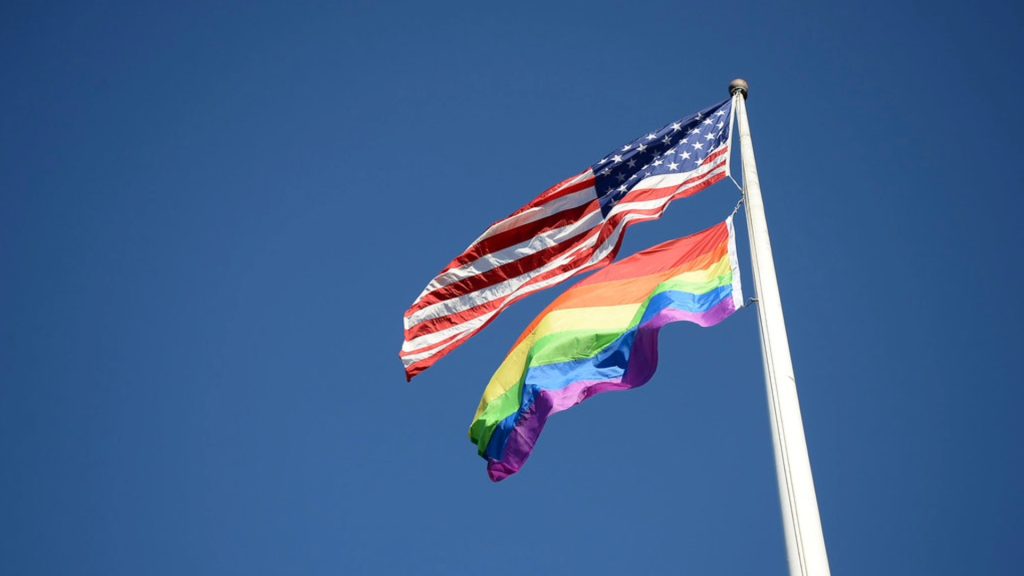
The Court’s refusal to grant immediate relief to Spectrum WT dealt a significant blow to their cause, leaving the future of campus drag events hanging in the balance. As the appellate process continued, the nation grappled with the implications of this landmark decision.
National Context
The Supreme Court’s verdict in the Texas university case reflected a larger national debate surrounding the role of drag performances in public spaces. Republican-led states across the country have increasingly sought to regulate and restrict drag shows, citing concerns about exposing children to sexualized content.
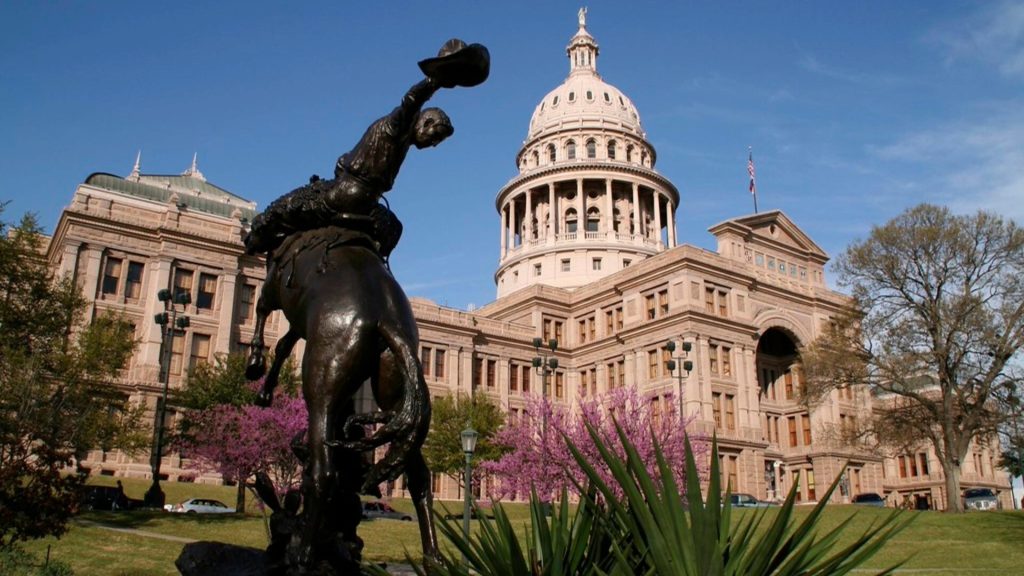
This growing trend has sparked intense controversy, with critics arguing that such measures infringe upon the First Amendment rights of performers and audiences alike. The Texas case became a flashpoint in this ongoing cultural and political battle.
The Crusade Against Drag
Republican lawmakers have ramped up their efforts to crack down on drag performances, framing their actions as a necessary safeguard for children’s innocence. They argue that drag shows, even those billed as family-friendly, expose young minds to inappropriate and sexualized content.
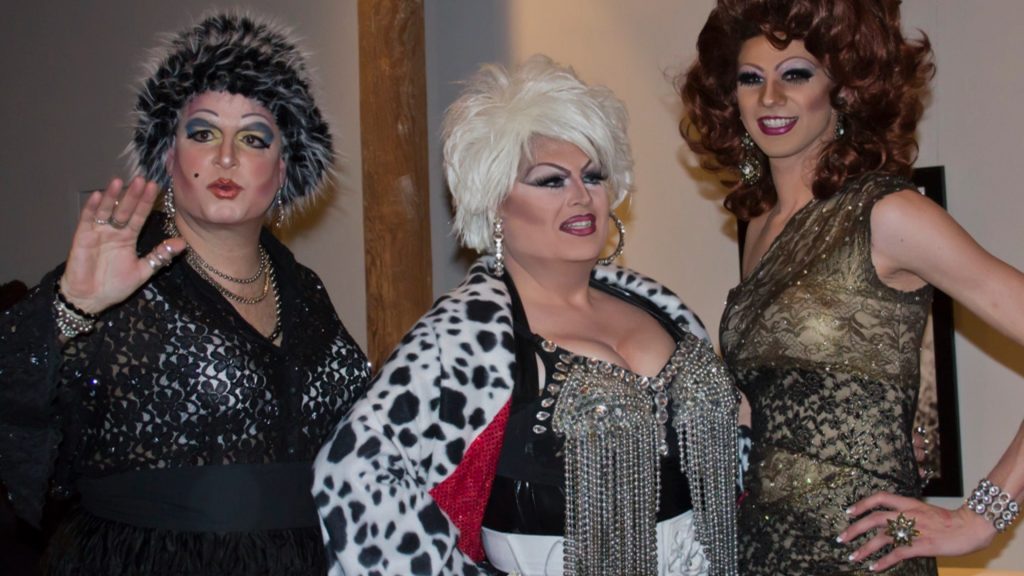
Supporters of drag culture, however, counter that many drag events are entirely non-sexual, serving as educational and entertaining experiences for all ages. They accuse Republicans of perpetuating harmful stereotypes and undermining the rights of the LGBTQ+ community.
Pioneering Legislation
Tennessee made history by becoming the first state to pass legislation specifically targeting drag performances. The new law placed strict limitations on where and when drag shows could take place, effectively relegating them to adult-only venues.
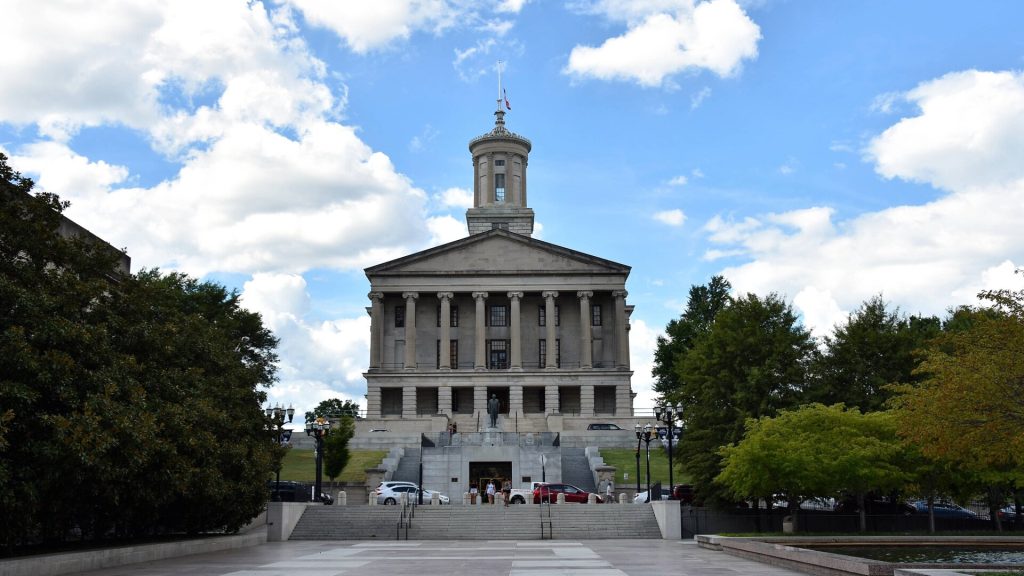
This groundbreaking legislation set a precedent for other Republican-controlled states to follow suit, sparking a wave of similar bills across the nation. Critics denounced these measures as thinly veiled attacks on the LGBTQ+ community and an infringement upon free speech.
The Republican Rationale
Republican lawmakers defend their efforts to restrict drag performances, arguing that they are protecting children from exposure to mature themes and sexualized content. They maintain that drag shows, even those marketed as family-friendly, can have a detrimental impact on young audiences.
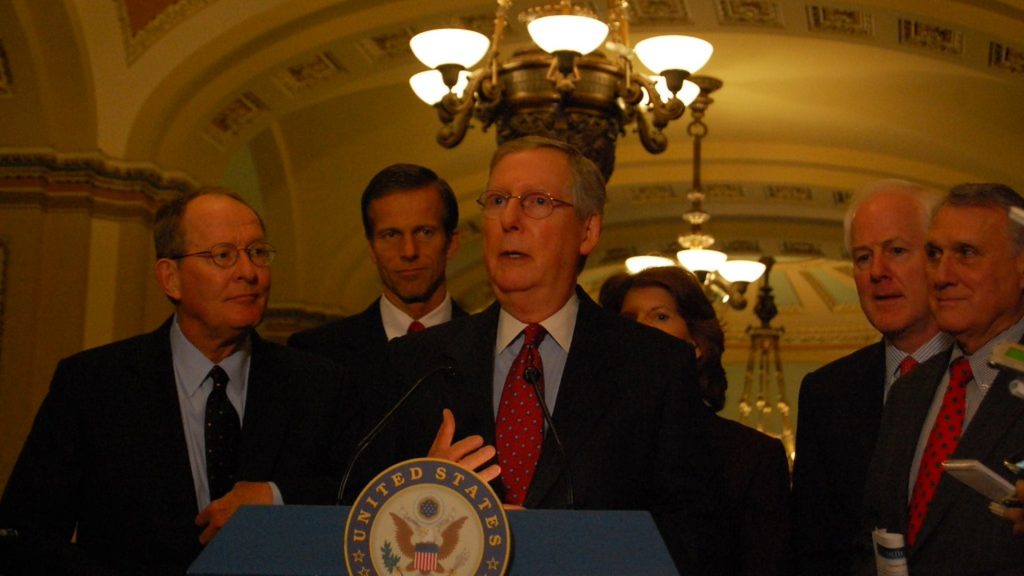
However, opponents of these measures point out that many drag events, such as Drag Queen Story Hour, are explicitly designed to be educational and age-appropriate. They accuse Republicans of perpetuating harmful stereotypes and undermining the value of drag as an art form.
Cultural Backlash
The Republican-led crusade against drag performances has faced significant backlash from the LGBTQ+ community and its allies. They argue that these efforts are rooted in prejudice and ignorance, seeking to marginalize and suppress a vibrant aspect of queer culture.
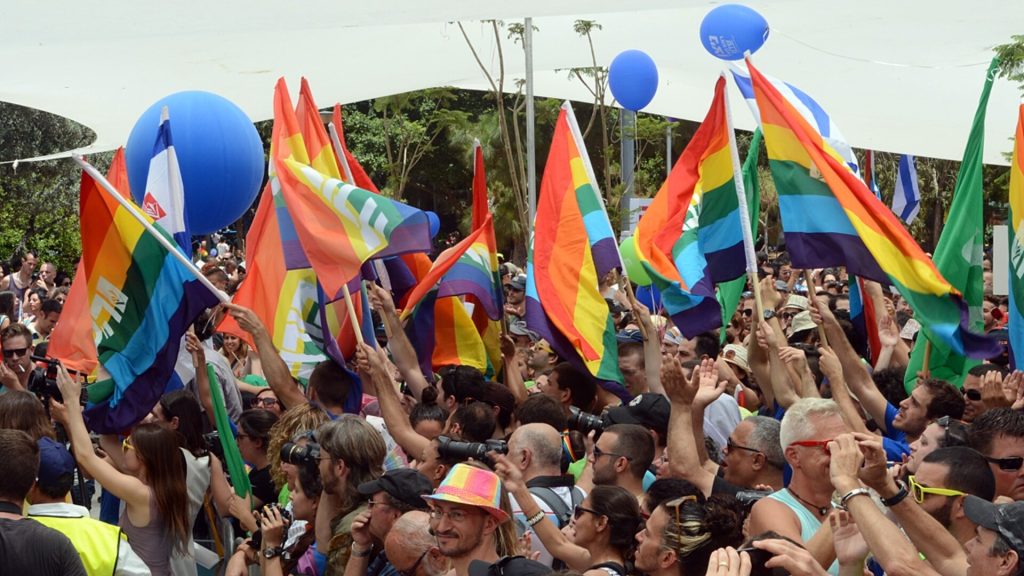
Critics contend that drag is a form of artistic expression that has long been celebrated within the LGBTQ+ community, serving as a means of self-expression, empowerment, and social commentary. They view the Republican attacks on drag as an assault on their fundamental rights and identities.
The Transgender Community Under Scrutiny
The battle over drag performances coincides with increased Republican scrutiny of the transgender community. GOP lawmakers have introduced a flurry of bills aimed at restricting transgender rights, including bans on gender-affirming healthcare and participation in sports.
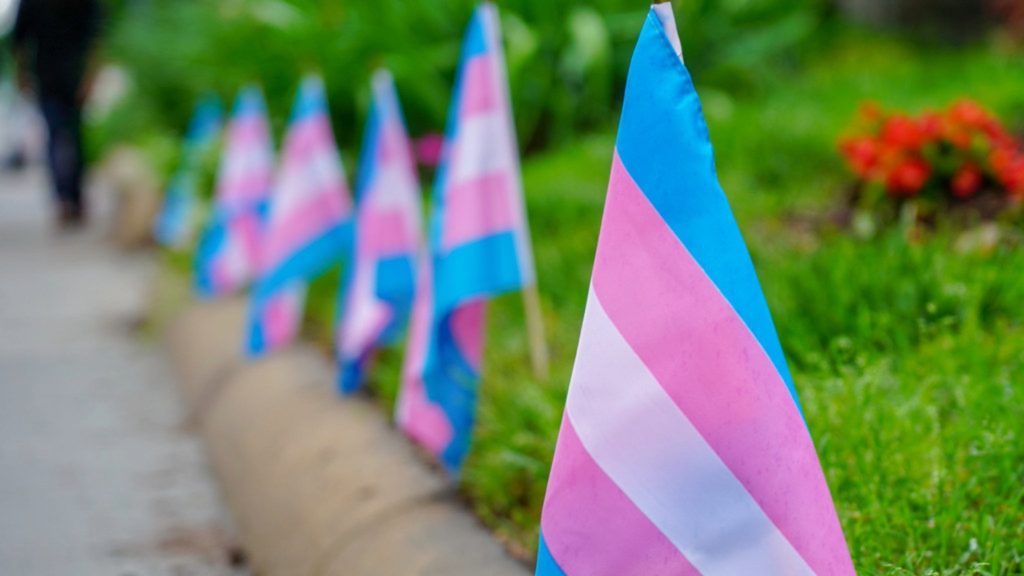
Many in the LGBTQ+ community see the attacks on drag as part of a larger pattern of discrimination and marginalization targeting transgender individuals. They argue that these efforts are fueled by misinformation and fear-mongering, rather than a genuine concern for public welfare.
Drag as an Art Form
Supporters of drag emphasize its rich history and cultural significance. They point out that drag has long served as a means of creative expression, social commentary, and entertainment, dating back centuries.
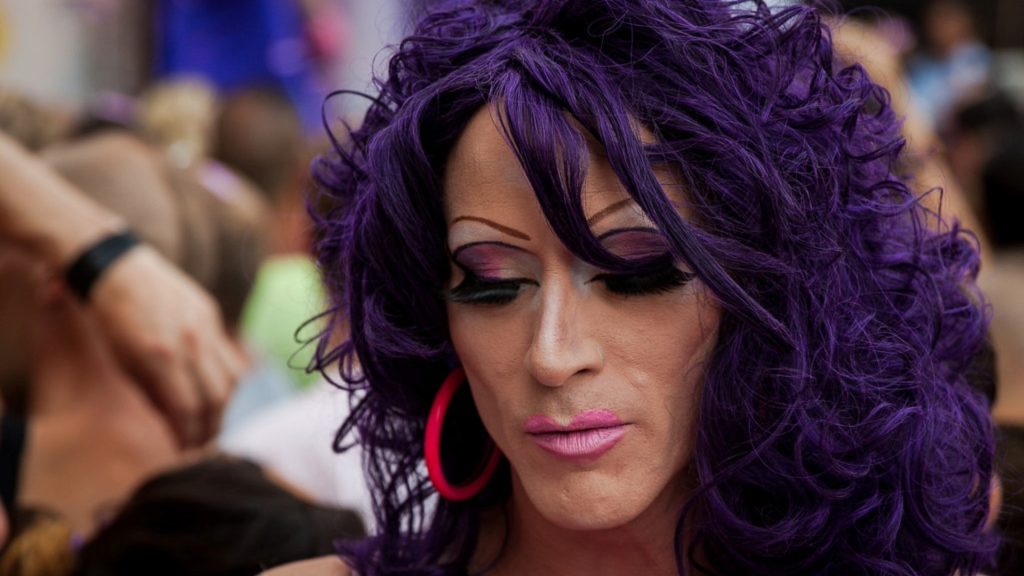
Drag performers often use their art to challenge gender norms, spark conversations about identity and sexuality, and provide a sense of community and belonging for marginalized individuals. Advocates argue that attempts to restrict drag performances undermine the value and importance of this art form.
The Fight for Free Speech
At the heart of the debate over campus drag events lies the fundamental question of free speech. Spectrum WT and its supporters maintain that the university’s ban on drag performances violates their First Amendment rights to freedom of expression.
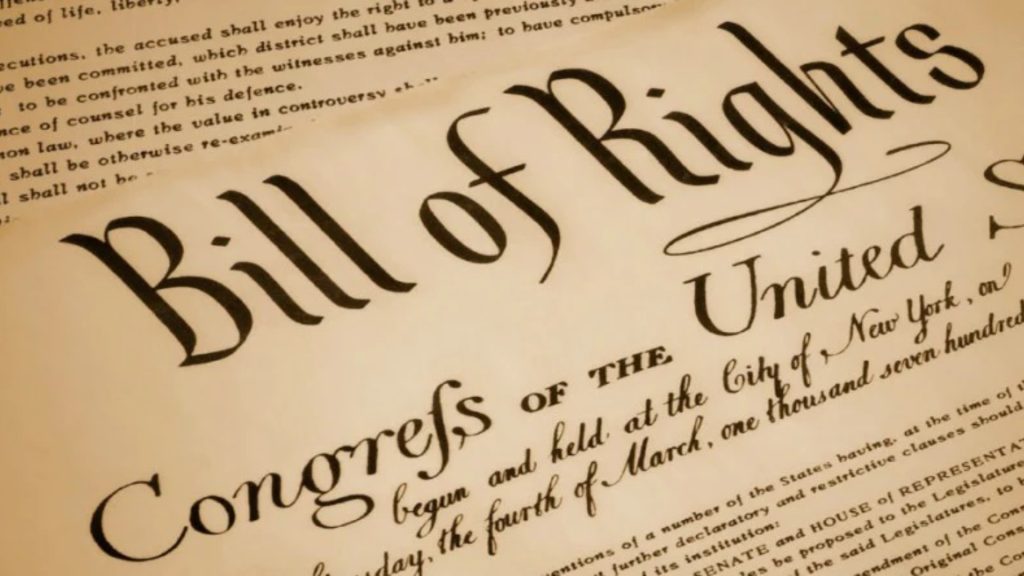
They argue that drag is a form of protected speech and that the university’s prohibition amounts to unlawful censorship. Opponents, however, counter that the university has the right to regulate the types of events and activities allowed on its campus.
The Path Forward
As the legal battle over campus drag events continues to unfold, the nation grapples with the larger implications for free speech, LGBTQ+ rights, and the role of universities in regulating student expression.
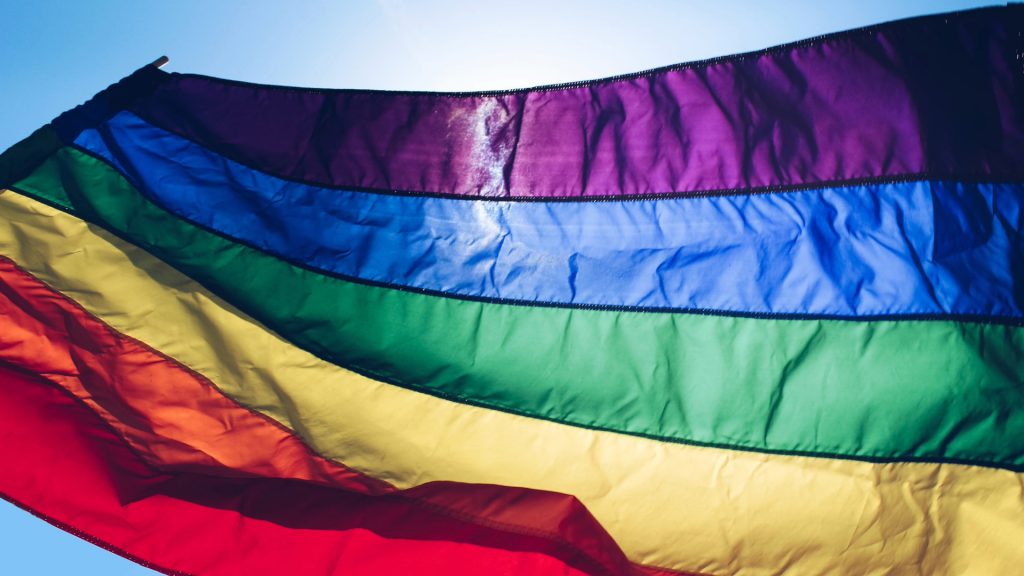
Some advocates call for a more nuanced approach, acknowledging the need to balance the rights of performers with the concerns of the wider community. They emphasize the importance of education, dialogue, and understanding in navigating these complex issues.
A Defining Moment
The Supreme Court’s decision to uphold the Texas university’s ban on campus drag events marks a defining moment in the ongoing struggle for LGBTQ+ rights and free speech. As the legal battle continues, the nation watches closely, recognizing the far-reaching implications of this case.
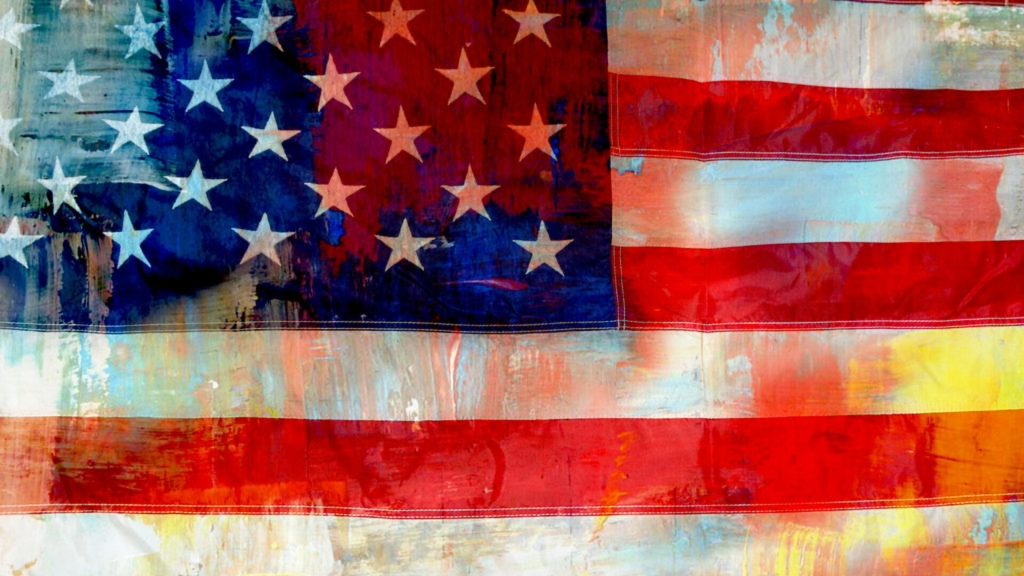
Ultimately, the resolution of this conflict will have profound consequences for the future of drag performances, the rights of the LGBTQ+ community, and the very notion of free expression in the United States. As we stand at this crossroads, it is up to all of us to engage in thoughtful dialogue, stand up for our beliefs, and work towards a more inclusive and understanding society.

